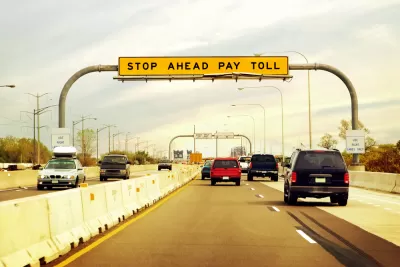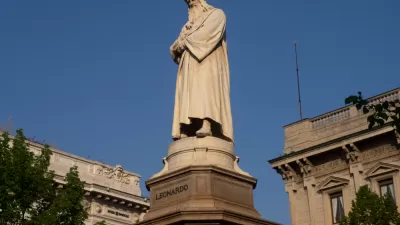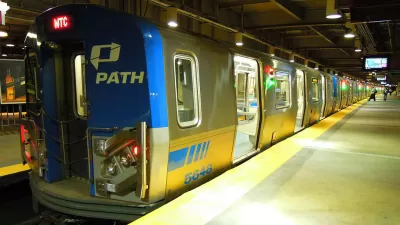A Reuters' poll on a national infrastructure investment program shows some support for a plan similar to one suggested, though not detailed, by Elaine Chao, President Trump's nominee for transportation secretary.

American were evenly split in opposing new taxes and support of hiking user fees and tolls, while 56 percent did not want debt financing.
"The findings highlight a major challenge for a 10-year, $1 trillion infrastructure program incoming President Donald Trump has promised: Everyone wants infrastructure, but almost no one wants to pay for it," report Reuters/Ipsos poll released Jan. 19.
Elaine Chao, Trump’s transportation secretary nominee, at her confirmation hearing earlier this month repeatedly focused on the need to leverage private dollars. “Another major challenge is to unleash the potential for private investment in our nation’s infrastructure,” she said in her opening remarks.
"Chao emerged from the Senate Commerce Committee's hearing [Jan. 11] largely unscathed despite offering few concrete details about how she or Donald Trump planned to roll out a massive infrastructure investment program that the president-elect has promised," reported Kathryn A. Wolfe for POLITICO.
However, Ben Bernanke, former Chairman of the Federal Reserve, pointed out an inherent problem in pursuing a strategy largely based on private investment, notes New York Times economics writer, Paul Krugman:
[I]f Congress opts to reduce the deficit impact of an infrastructure program by financing it through tax credits and public-private partnerships, as candidate Trump proposed, the program might turn out to be relatively small.
A broader investment program described by House Speaker Paul Ryan on Jan. 19 would combine public and private investment.
"For every one dollar of federal dollars, there's $40 of private sector spending,” Ryan said on the Charlie Rose Show, reports Melanie Zanona for The Hill. "We want to leverage as much private-sector dollars as possible to maximize the fixing of our infrastructure.”
Another poll finding was on priorities: Fix existing roads and bridges first while road expansion, mass transit and new technology should be secondary. A report from the Trump transition team posted Friday would certainly relegate transit investment to a lesser priority, if not outright eliminate it.
Hat tip to AASHTO Daily Transportation Update.
FULL STORY: Americans want to rebuild roads, bridges, but not at cost of taxes: Reuters Poll

Alabama: Trump Terminates Settlements for Black Communities Harmed By Raw Sewage
Trump deemed the landmark civil rights agreement “illegal DEI and environmental justice policy.”

Planetizen Federal Action Tracker
A weekly monitor of how Trump’s orders and actions are impacting planners and planning in America.

The 120 Year Old Tiny Home Villages That Sheltered San Francisco’s Earthquake Refugees
More than a century ago, San Francisco mobilized to house thousands of residents displaced by the 1906 earthquake. Could their strategy offer a model for the present?

Ken Jennings Launches Transit Web Series
The Jeopardy champ wants you to ride public transit.

BLM To Rescind Public Lands Rule
The change will downgrade conservation, once again putting federal land at risk for mining and other extractive uses.

Indy Neighborhood Group Builds Temporary Multi-Use Path
Community members, aided in part by funding from the city, repurposed a vehicle lane to create a protected bike and pedestrian path for the summer season.
Urban Design for Planners 1: Software Tools
This six-course series explores essential urban design concepts using open source software and equips planners with the tools they need to participate fully in the urban design process.
Planning for Universal Design
Learn the tools for implementing Universal Design in planning regulations.
Clanton & Associates, Inc.
Jessamine County Fiscal Court
Institute for Housing and Urban Development Studies (IHS)
City of Grandview
Harvard GSD Executive Education
Toledo-Lucas County Plan Commissions
Salt Lake City
NYU Wagner Graduate School of Public Service





























